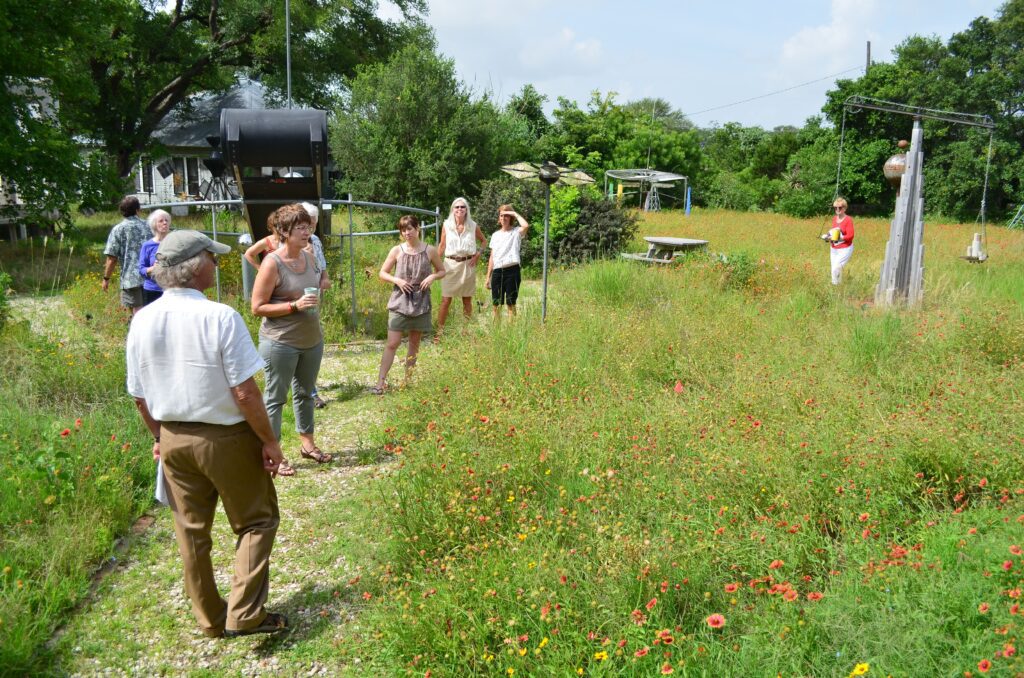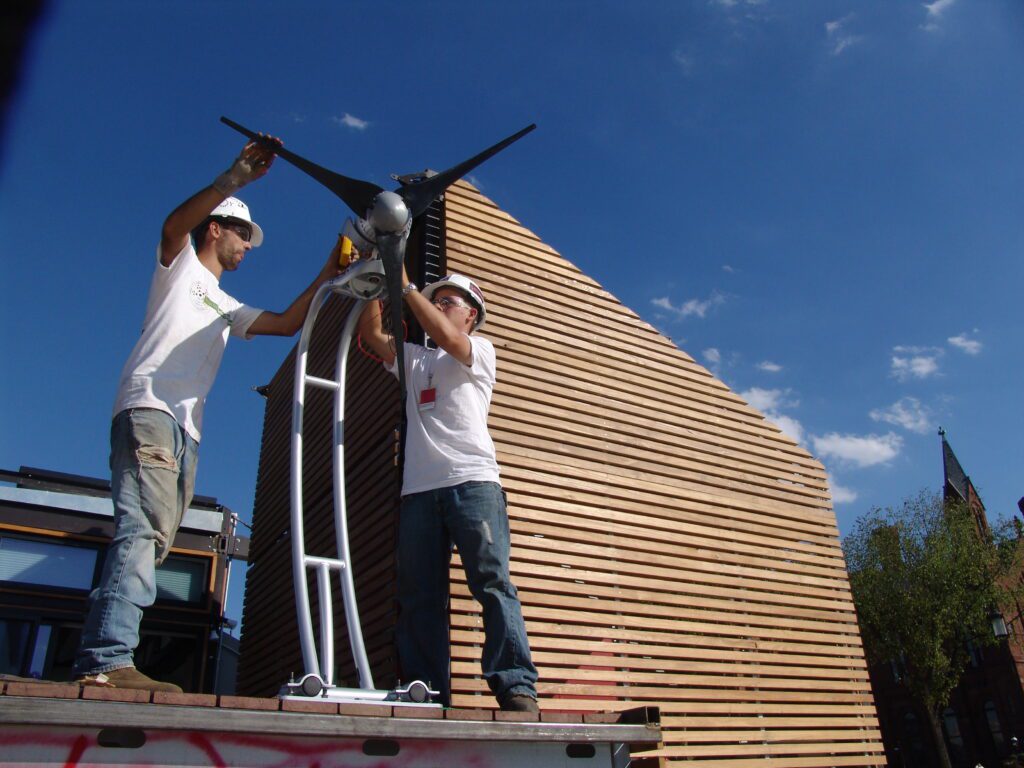With a background in architecture, landscape architecture, and the systems sciences, Pliny has made pivotal contributions to the sustainability movement for more than four decades by developing replicable prototypes, protocols and policy initiatives. His prototypes challenge conventional wisdom about building design, engineering, materials, economic development, and landscape and regional planning.
Pliny’s seminal life cycle-based protocols helped shape the first green building program, and influenced many more. He has collaborated on federal demonstration greening efforts, including:
- Greening of the White House
- Greening of the Grand Canyon
- EpiCenter building in Montana
- The University of Texas Health Science Center in Houston
- The Seattle Justice Center
- Solar Decathlon entries with the University of Texas (2002) and Texas A&M University (2007)
His policy initiatives, including the Austin Green Building Program, the AIA’s Environmental Resource Guide, and greening the Texas Architecture + Engineering Guidelines, have established new protocols with broad implementation. Pliny’s has received several national and international recognitions including:
- The Lewis Mumford Award
- The 1992 Earth Summit Award (with the City of Austin)
- The U.S. Green Building Council’s Sacred Tree Award
- The Passive Solar Pioneer Award
In 2006, Metropolis Magazine recognized Pliny as one of 14 Visionaries; in 2008, Texas Monthly called him one of “35 People Who Will Shape Our Future”; his work has appeared in numerous media.
Pliny was on the faculty at Ball State University, The University of Texas at Austin, and Texas A&M University, and held teaching positions at the University of Oklahoma and Mississippi State University. He also served as an advisor to the MacArthur, Gates, and Enterprise Foundations and served as a Peer Professional for the GSA.
He is an inventor, as well as CEO and founder of two proactive private sector technology companies: Sustainable Earth Technologies and the EcoInventorium.












